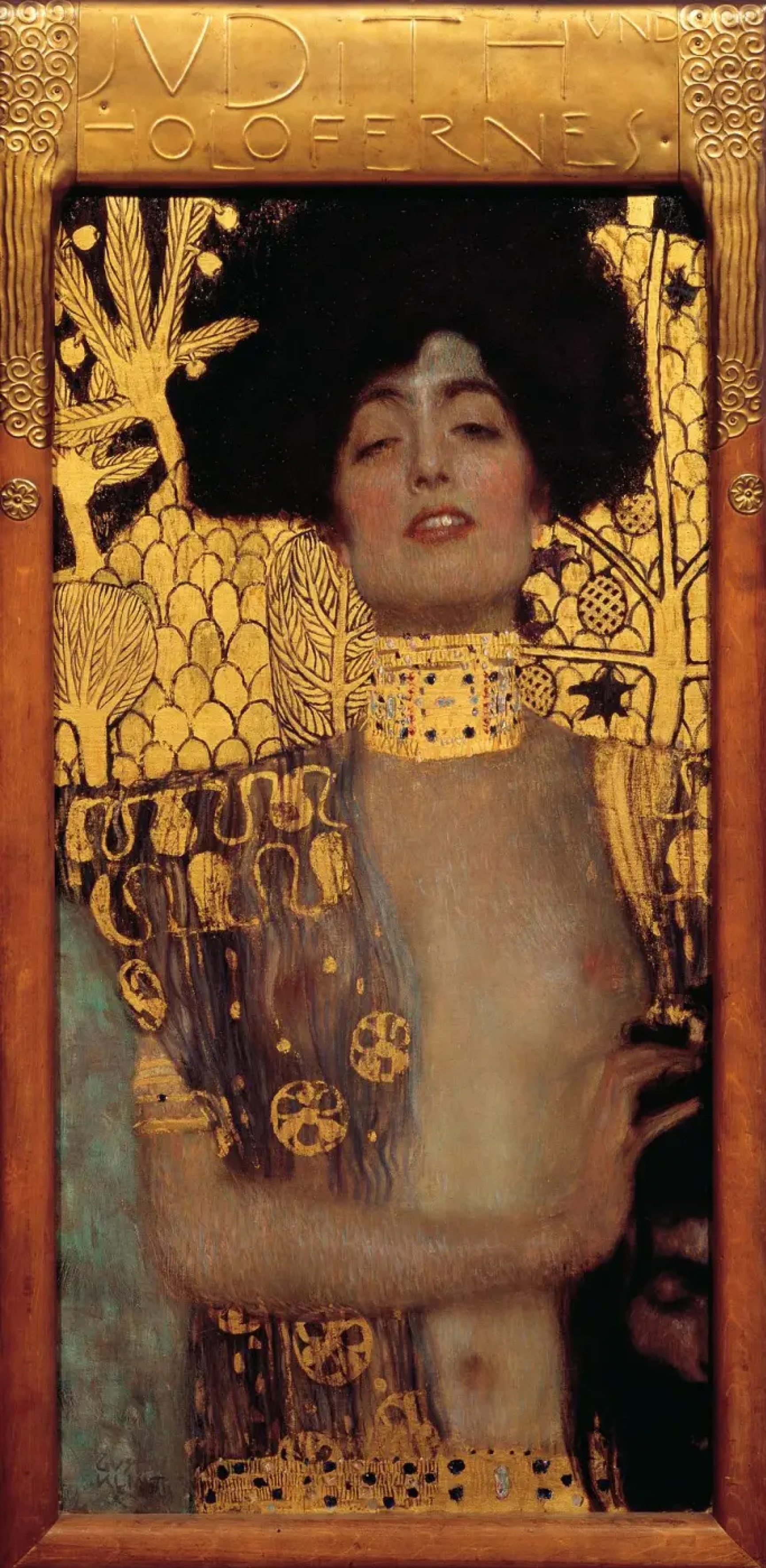Stone and Sand - The Stories We Tell
- megdeford
- Mar 23
- 3 min read
As a kid, I loved to read mythology, particularly Greek myths. We didn't watch soaps In our house, but who needed them with these unhinged stories? And all these years removed from that little version of myself, I find myself enjoying mythology again. This time through retellings of those stories from the perspectives of women who originally received little mention, tools to bolster the stories of the men. Circe, Stoneblind, Clytemnestra, Ariadne, The Witch's Heart, The Silence of the Girls...fresh perspectives on stories we've been examining for nearly 3,000 years. Literature connects us through time and culture. Whether you find it in books, films, or personal narratives, the stories we tell and share hold up a mirror, helping us understand ourselves and the world around us, defining our shared experiences and values.
3 depictions of Judith and Holofernes (Gentileschi, Wiley, Klimt)
Storytelling examines and shapes meaning. The same applies to the stories we tell ourselves - how we frame our experiences shapes and contours how we see ourselves and in turn, our actions. Like the prisoners in Plato's Allegory of the Cave, we can become trapped by the shadows of our past experiences and perceptions. Unaware of a broader reality that surrounds us, allow shadows of reality to color our lives. When we turn from the cave and face the light, we see the world anew, resetting our expectations of what is true and possible. What if we could reframe our stories, challenging our assumptions and limitations? We must employ our curiosity in this pursuit. Our personal narrative shapes how we see others and the world. We are not passive observers in our own lives; we are the authors of our stories. The way we choose to interpret our experiences influences the world we create for ourselves and our impact on those around us.

Equally, truth - separate from perspective - exists whether we like it or not. In this current moment, where opinions seemingly overshadow facts, recognizing the difference between shaping a narrative and distorting (or ignoring) reality is crucial. Reframing is not about denying facts—it’s about understanding it more fully. The best stories don’t eschew the truth; they reveal it. The real power of storytelling lies in holding space for both truth and perspective without one erasing the other.
We can tell ourselves stories of failure or resilience, limitation or possibility. The facts remain the same—what changes is our perspective. If you didn’t land a job, is the story that you didn't have the right skills and weren't competitive? Or that it wasn’t the right fit and something even better is coming? If a relationship ends, is it a story of sorrow and rejection or a narrative of growth and opportunity? Many times, both can be true. In the Arthur Sean Greer novel, Less, we meet the character Lewis, whose twenty-year relationship has ended.
“Twenty years of joy and support and friendship, that’s a success. Twenty years of anything with another person is a success. If a band stays together twenty years, it’s a miracle. If a comedy duo stays together twenty years, they’re a triumph. Is this night a failure because it will end in an hour? Is the sun a failure because it’s going to end in a billion years? No, it’s the fucking sun. Why does a marriage not count?”
I'll never forget reading that passage and feeling like a new pathway in my brain formed. Reframing doesn’t ignore reality; it allows us to consider a panoramic view of the truth that emerges from every chapter. Storytelling gives us agency in our own lives, allowing us to shape our narrative in a way that serves us rather than limits us. And sometimes, we need a skilled storyteller to help us uncover the deeper truths within our own experiences.
If you're open to it....what is a story you have been telling yourself that no longer serves you? How can you rewrite that story in a way that honors your past, present, and future?
xoxo,
Meghan

This week, the podcast features Mel Harvard, a master storyteller who has spent over 30 years ghostwriting, editing, and helping others shape their narratives.
With a background in journalism, psychology, and life coaching, Mel has successfully ghostwritten over 200 (!!!) books on topics ranging from self-help to leadership, relationships, and spirituality. Now, she spends her days by the sea, surrounded by books, a collie, three cats, and the endless inspiration of storytelling. What a fun and curious conversation - listen here.



Comments